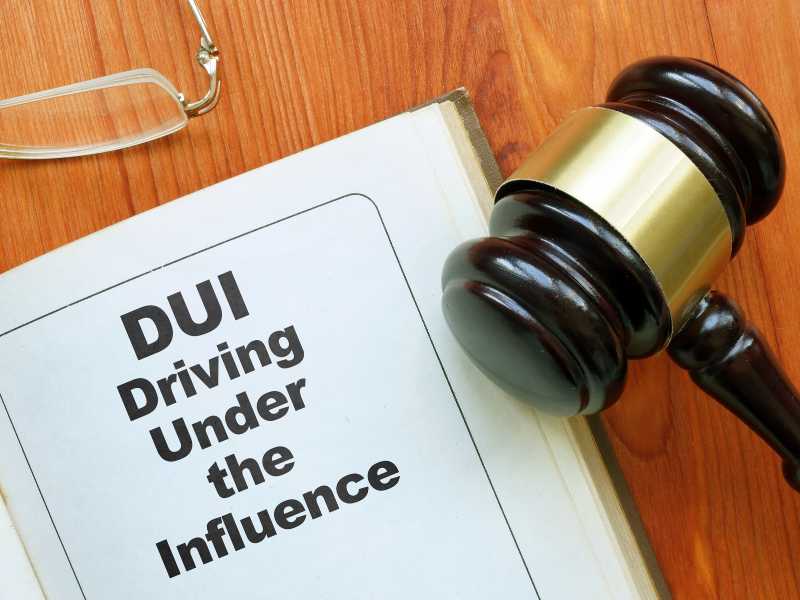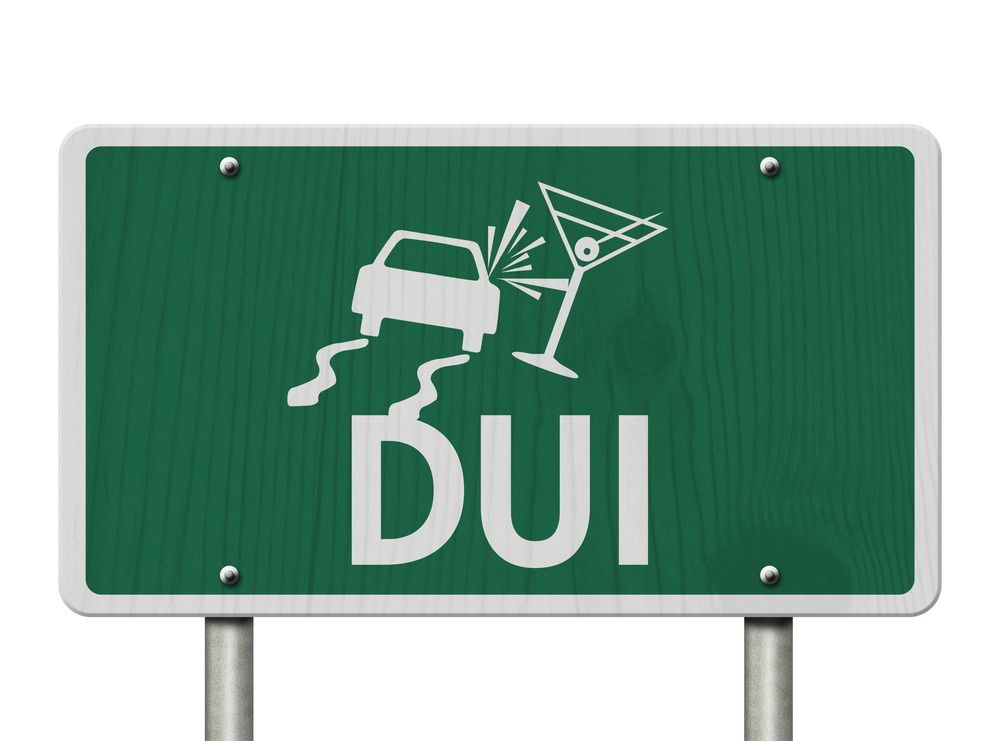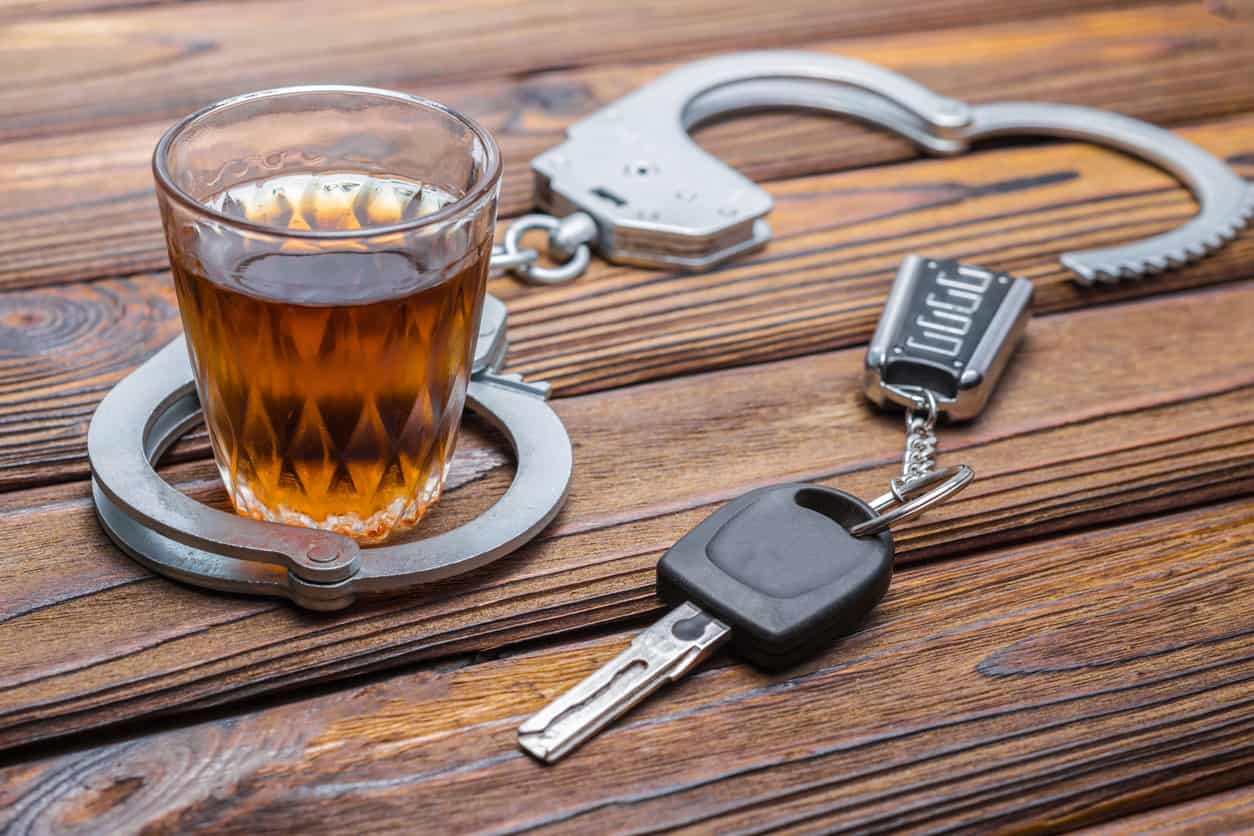Introduction
Alcohol breath analyzer tests are gadgets that measure the blood alcohol focus (BAC) in a person's breath. They are typically used by police police officers to determine if a driver is drunk of alcohol. Understanding how alcohol breath analyzer tests work and dui charges in El Cajon how they figure out degrees of intoxication is necessary for anyone who might enter call with these gadgets, whether it be during a regular traffic quit or as component of a workplace safety and security program.
In this short article, we will certainly discover the science behind alcohol breath analyzer tests, the factors that can impact their precision, and the legal ramifications of driving drunk (DUI). We will certainly likewise give solution to frequently asked inquiries concerning DUI laws, DUI lawyers, and the effects of alcohol consumption and driving.
How Does an Alcohol Breathalyzer Work?
An alcohol breathalyzer works by measuring the amount of ethanol vapor existing in a person's breath. When a person eats alcohol, it is taken in into their blood stream. As the blood circulates through the lungs, several of the alcohol evaporates right into the air cavities (lungs) in the lungs. When an individual exhales, this evaporated alcohol is carried out of their body in their breath.
The alcohol breathalyzer uses a chemical reaction to discover and evaluate the amount of ethanol vapor in an individual's breath. One of the most typical sort of alcohol breathalyzer makes use of gas cell technology, which counts on an electrochemical response in between ethanol and oxygen to create an electrical present. The magnitude of this present is symmetrical for ethanol present in the breath sample.
Factors Impacting Accuracy
While alcohol breathalyzers are typically trustworthy tools for approximating BAC degrees, there are numerous aspects that can affect their accuracy. It is necessary to understand these aspects to guarantee exact readings and prevent incorrect positives or negatives.
Calibration: Alcohol breath analyzers need routine calibration to make sure exact analyses. Gradually, the sensing units in the device can end up being much less delicate or wander out of calibration. It is necessary for police and individuals to consistently calibrate their breathalyzers to maintain accuracy.

Mouth Alcohol: Mouth alcohol refers to any type of residual alcohol in the mouth that can wrongly raise breath analyzer test analyses. This can occur if a person lately taken in alcohol, used mouthwash or breath fresheners including alcohol, or has certain clinical conditions that trigger alcohol to stick around in the mouth. To alleviate this issue, most modern breath analyzer tests have a built-in "slope detector" that can discover uncommon breath patterns a measure of mouth alcohol and give a mistake message.
Breathing Patterns: The rate and deepness of a person's breath can impact the precision of an alcohol breathalyzer analysis. Superficial or fast breathing might result in reduced BAC analyses, while sluggish or deep breathing may cause higher readings. It is important for people to adhere to the particular guidelines offered with their breathalyzer device to ensure constant and precise results.
Environmental Factors: Environmental aspects such as temperature and humidity can impact the accuracy of alcohol breathalyzers. Extreme temperatures can create fluctuations in sensor efficiency, while high moisture degrees can hinder the chemical reaction that happens inside the tool. It is necessary to utilize alcohol breathalyzers within their defined operating variety and adhere to any additional guidelines provided by the manufacturer.
DUI Regulations and Consequences
Driving under the influence (DUI) regulations differ from territory to territory, however they usually prohibit running a car while impaired by alcohol or medications. The lawful limitation for blood alcohol concentration (BAC) is commonly evaluated 0.08% in several nations, including the United States.
DUI Legislations in California
In The Golden State, it is illegal for anybody 21 years of age or older to operate a car with a BAC of 0.08% or higher. For commercial motorists, the lawful limitation is 0.04%, and for individuals under the age of 21, any type of obvious amount of alcohol in their system can result in a drunk driving charge.
Consequences of Drinking and Driving
The consequences of drinking and driving can be extreme, both lawfully and directly. Some prospective repercussions include:
License Suspension: A DUI conviction usually leads to a motorist's permit suspension. The length of the suspension can vary depending on variables such as prior offenses and BAC degree at the moment of arrest.
Fines: DUI sentences are typically accompanied by significant fines, varying from numerous hundred to several thousand dollars.
Ignition Interlock Device: In many cases, people founded guilty of drunk driving may be required to mount an ignition interlock device (IID) in their car. This device needs the driver to give a breath example prior to beginning the vehicle and at regular intervals while driving.
Probation: DUI wrongdoers may be put on probation, which generally includes conditions such as participating in alcohol education programs, sending to arbitrary medicine examinations, and staying clear of further criminal activity.
Increased Insurance coverage Rates: A DUI conviction can cause considerably greater insurance prices and even the cancellation of insurance policies.
Criminal Record: A DUI conviction will certainly cause a permanent criminal record, which can have durable results on work leads and various other aspects of life.
Injury or Death: Among one of the most devastating consequences of drinking and driving is the potential for major injury or death to oneself or others on the road.
FAQs
Q: What is the lawful blood alcohol concentration (BAC) restriction for driving?- A: The legal BAC restriction for driving is commonly set at 0.08% in lots of countries, consisting of the United States.
- A: Rejecting to take a breathalyzer test can have serious effects, such as an automatic chauffeur's license suspension. It is advisable to comply with law enforcement's requests, as rejection can be utilized versus you in court.
- A: It is typically advised to seek advice from a DUI lawyer if you are charged with driving under the influence. They can offer assistance and help browse the legal process.
- A: It is feasible to get DUI charges reduced or disregarded, yet it depends upon the details situations of your situation. Consulting with a DUI lawyer can aid figure out the best training course of action.
- A: Some usual defense approaches for DUI charges include testing the legitimacy of the breathalyzer examination, wondering about the legitimacy of the web traffic stop, and disputing the accuracy of field soberness tests.
- A: Rejecting to give a breath example during a DUI arrest can lead to an automated motorist's license suspension and might be used as evidence versus you in court.
Conclusion
Alcohol breath analyzer tests play a crucial role in determining degrees of intoxication and enforcing DUI laws. Recognizing how these tools work and the elements that can affect their accuracy is crucial for anybody who might experience them. Additionally, understanding the legal effects and consequences of drinking and driving can aid advertise much safer roadways and liable alcohol consumption.


Remember, constantly drink properly and never operate a lorry while under the influence of alcohol or medications. If you discover yourself dealing with DUI charges, it is recommended to speak with a certified DUI lawyer who can provide support and aid safeguard your rights.